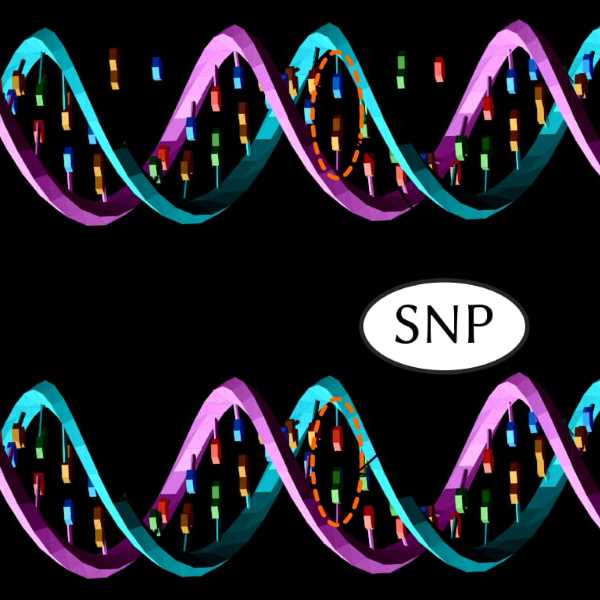SNPs and Human Diseases

SNPs and Human Diseases
Who is this course for?
Researchers, near-graduation and graduate students in the areas of Biological and Medical Sciences.
Duration
25 CPD
Coming Soon
The detection and analysis of DNA variations, including Single Nucleotide Polymorphisms (SNPs), is a standard research methodology to understand causes of disease, in particular the so-called “complex” diseases such as diabetes, osteoporosis, cancer, Alzheimer disease, etc.
The field is changing fast with large scale reference projects (such as dbSNP, HapMap, 1000genomes (IGSR), ENCODE), very large biobanks, global collaboration in consortia, and novel technology being continuously introduced and developed, including SNP array genotyping and DNA sequencing (NGS). Several aspects are now being explored for implementation in clinical settings, such as for DNA diagnostics and risk profiling with polygenic risk scores.
This course will give a broad introduction to SNP techniques and their application.
The course is mainly organised for postgrad students and postdocs of the iGene visitors (Postgraduate School Molecular Medicine, Governmental Universities and Health specialists).
Other participants, e.g. students and technicians from other private sectors working in the field, are also welcome.
It’s recommended for the participants to have the basic knowledge of the central molecular biological dogma’s (such as DNA and gene structure, DNA encodes RNA encodes a protein, etc.), and of the basic genetic principles.
The optimum time frame for covering all the important aspects of the course is full five-day training, starting with the historical, theoretical, and ending with the full practical learning skills on the use of different genomics platforms and genetic applications.
Upon completion of this course, applicants should be able to demonstrate the following:
- Conclude the design and guidelines for genotyping in Genome wide linkage analysis (GWLA).
- Determine the bioinformatic tools for single nucleotide polymorphisms (SNP) finding and analysis (hands-on training).
- Categorize genotyping techniques and DNA management.
- Demonstrating genomic assays, application, and bioinformatics (hands-on training):
- Assess the allelic architecture of human disease genes.
- Analyzing and visualizing Linkage Disequilibrium (LD) and haplotype maps (Haploview).
- Comply with the HapMap guidelines.
- Contrast data analysis, meta-analysis and keynotes.
- Conclude SNP selection for the association.
- Evaluate the association between candidate genes and complex traits.
Basic University training in Biological and Medical Sciences.
